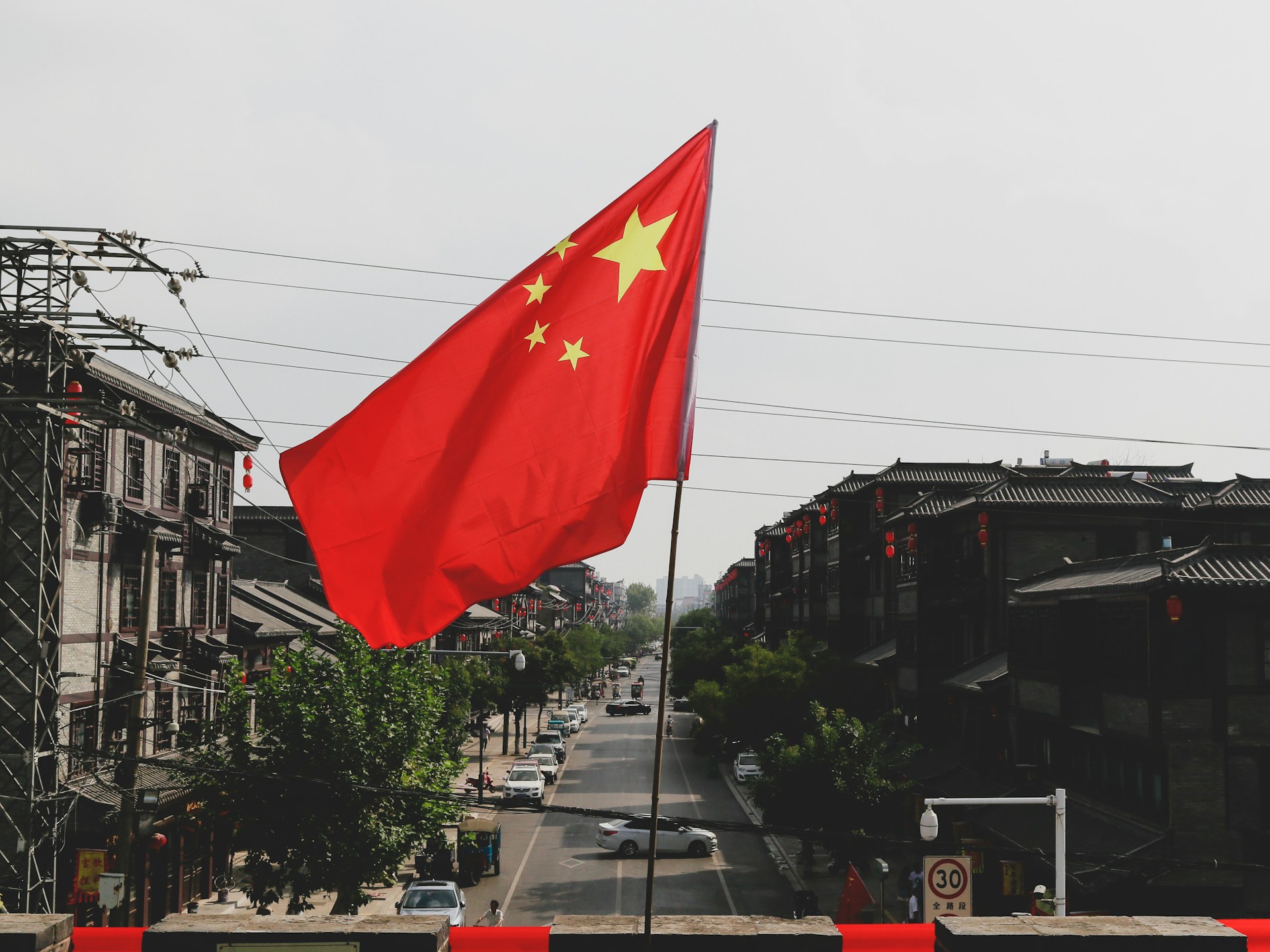China's economic policymakers are projecting cautious optimism as they navigate towards their annual growth target of around 5%. While acknowledging the challenges, they point to a positive start to the year with exports experiencing a 10% surge in the first two months compared to the same period last year.
Leading the charge is Zheng Shanjie, head of the National Development and Reform Commission. He identified key areas for increased investment, emphasizing the long-term vision of China's economic development. These areas include fostering scientific and technological innovation, promoting integrated development between urban and rural regions, and ensuring food and energy security. Zheng underlines the need for increased funding to meet the vast potential in these sectors, suggesting existing channels may not suffice.
Policy Arsenal and Infrastructure Boost
Premier Li Qiang's earlier announcement of the "around 5%" growth target for 2024 sets a moderate yet achievable bar for a developing nation like China. This target stands in stark contrast to the double-digit growth figures that fueled China's economic rise in previous decades. Economic officials reassured the public that additional policy tools are readily available, such as reducing the amount of funds banks must hold in reserve (reserve ratio requirement).
A significant pillar of China's growth strategy is the allocation of 1 trillion yuan (approximately $140 billion) in special, ultra-long-term bonds. These funds are earmarked for strategically upgrading industries and advancing technologies in critical areas like clean energy. This investment plan has the potential to unlock a vast market for modernizing factory equipment, estimated to be worth around 5 trillion yuan (nearly $700 billion).
Export Cautiousness and Domestic Consumption Focus
Despite the initial export surge, Commerce Minister Wang Wentao expressed concerns about potential slowdowns due to the recent trend towards protectionist measures globally. To counter this, China plans to bolster its export competitiveness by supporting smaller and mid-sized companies in accessing international markets, along with a focus on promoting higher-value products.
Recognizing the increasing importance of domestic consumption as China's economy matures, the government is actively seeking ways to spur consumer spending. This strategy involves using tax policies and other incentives to encourage families to upgrade their cars and appliances, as well as refresh their home environments.
Market Intervention and Building Confidence
Wu Qing, chairman of China's Securities Regulatory Commission, acknowledged past instances of intervention in the financial markets. He defended these actions as necessary measures taken to address situations of extreme market volatility, lack of liquidity, or severe declines in investor confidence.
While Hong Kong's Hang Seng index and the Shanghai Composite index remain below their year-ago levels, recent interventions aim to restore investor trust and stabilize the markets. Wu emphasized that market interventions should be utilized judiciously and primarily to address specific market failures, not as a routine practice.
In conclusion, China's economic path in 2024 appears to be a calculated journey with both promising opportunities and potential challenges. The government's focus on strategic investments, export diversification, and domestic consumption stimulation paints a picture of a proactive approach towards achieving its growth target. While acknowledging potential roadblocks, Chinese officials project a sense of confidence in their ability to navigate the economic landscape and deliver steady growth throughout the year.






